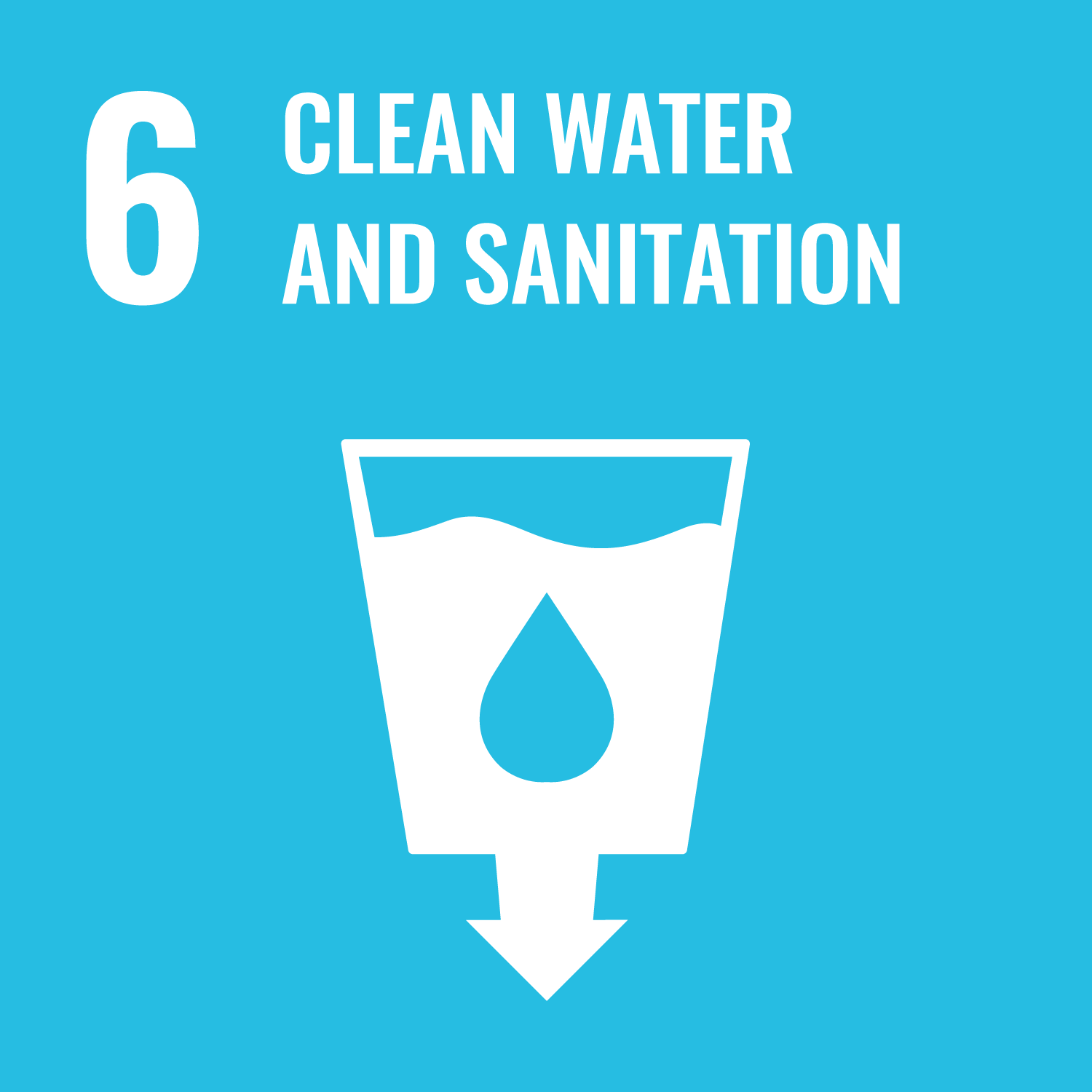SDG Detail
Governance for Transboundary Freshwater Security
MOOCProject description
This course presents multiple facets of governance for transboundary freshwater security � from financing mechanisms to negotiation skills � while emphasizing the urgency of sustainable development and cooperation at many levels. It extends from basic building blocks and concepts to advanced thinking about transboundary governance, and applies theory to practice through examples and case studies.
Project aims
This course provides understandings of transboundary freshwater governance in theory and practice. Topics include transboundary freshwater security, international water law, water diplomacy, negotiations, institutions, management tools, and sustainable finance.
Project outcome
Learn about - Basic understandings of transboundary freshwater security - Fundamentals of transboundary water cooperation - Concepts, roles, and functions of different tracks of water diplomacy - Key approaches to negotiation, including inter-personal skills and techniques - Principles of international water law - Case studies of international water law in application - Transboundary water institutions� roles, functions, establishment processes, and success factors - Management tools on transboundary water: including decision support tools, transboundary diagnostic analysis (TDA), and strategic action programme (SAP) Conjunctive management of surface water and groundwater The source-to-sea approach in a transboundary water context Stakeholder participation approaches and tools Various options for financing transboundary water cooperation
Related SDGs
The corresponding sustainable development goals correlated with this project. You you click the icon to link to SDG category description page.









